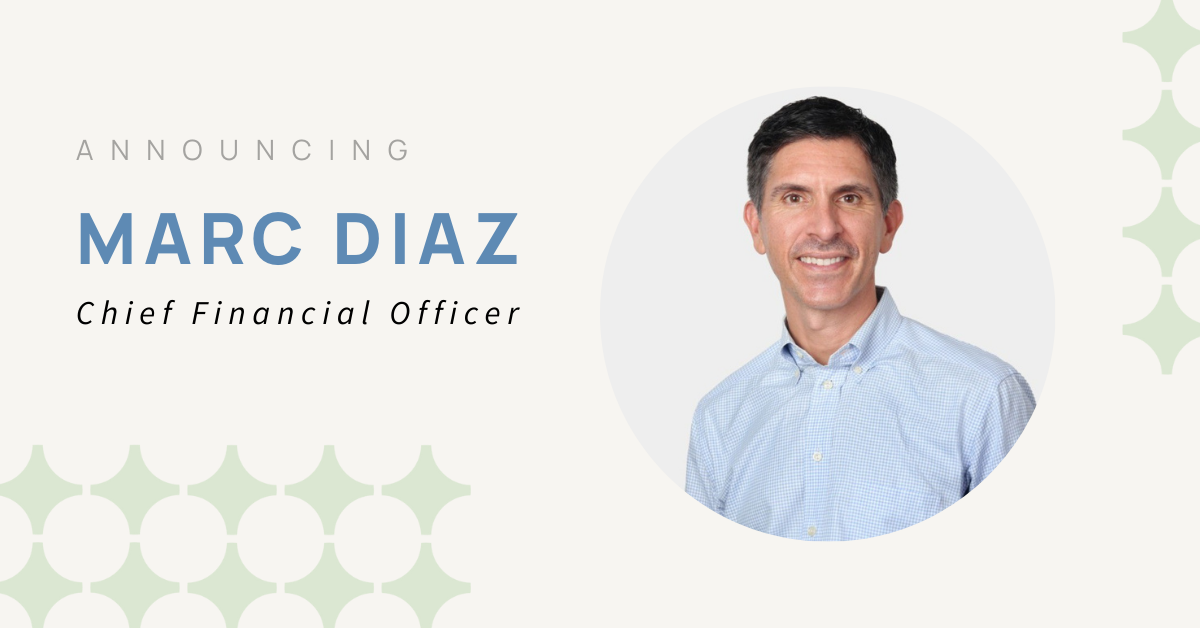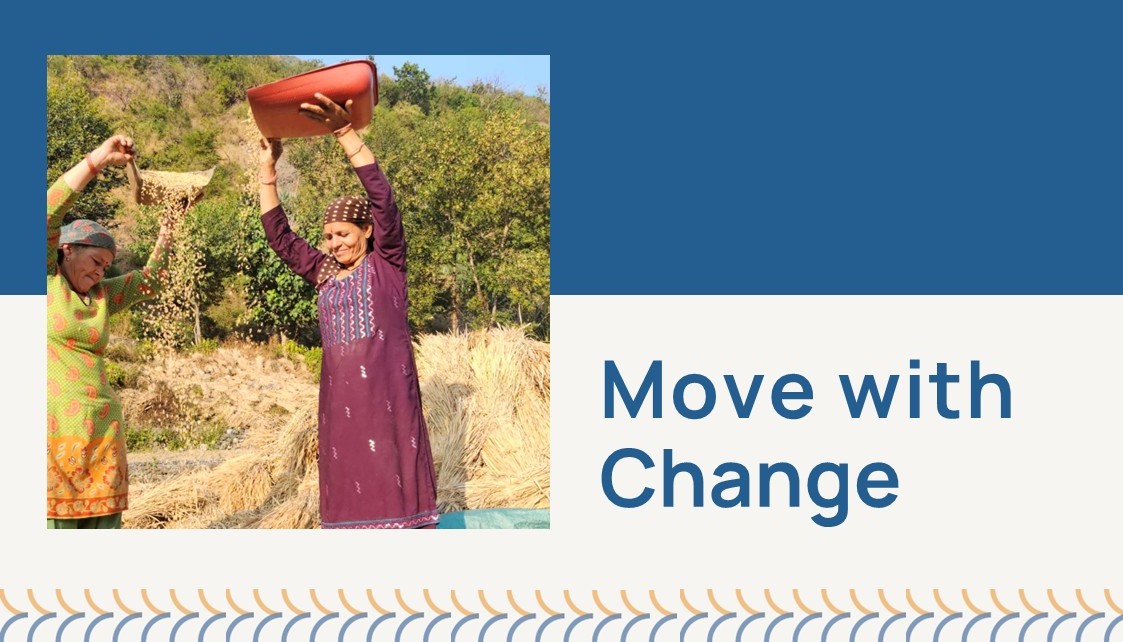Ron Alston, senior vice president and team leader of Truist’s Not-For-Profit & Government Banking Division for the state of Georgia, was recruited to the RSF Social Finance board of directors in 2009 by John Bloom, RSF’s former vice president of organizational culture, and former board member Scott Williams. They thought Alston’s understanding of lending to nonprofit organizations, particularly independent schools, would make him an excellent resource—and that assessment proved more than correct.
As a board member of for 14 years and chair during his last five years of service, Alston guided RSF through two periods of historic economic and social turbulence. Shortly after he left the board in May, Erika Williams, RSF’s vice president, integrated capital, spoke with him about RSF’s evolution and the highlights of his tenure.
Erika Williams: What was it that appealed to you about RSF?
Ron Alston: I became familiar with RSF through my service on the board of the school my children attended, the Waldorf School of Atlanta. So its commitment to Waldorf education was the first draw. And then as I learned more about the work that RSF was doing outside of Waldorf education—working with mission-oriented businesses, both for-profit and not-for-profit, typically at a stage where they were not quite ready for the traditional bank market—that really appealed to me. I was happy to work with an organization that’s trying to solve the problem of that gap in banking services.
EW: Your board service ended up being a long, important relationship for RSF. What were some of the highlights for you?
RA: Many of the highlights have to do with the companies and organizations that we were able to finance over that time. I was able to meet and get to know a number of our borrowers and see the work that they were doing and how they thought about their business, particularly around profit and the mission.
I was educated at the Wharton School and have worked for a very traditional Southeastern bank. So all of my knowledge around finance came from the mentality of “it’s all about profit and if you manage to maximize profit, everything else takes care of itself.” In my time working with RSF I got a greater appreciation of a different way of thinking about how profit coexists with the mission.
I particularly enjoyed site visits, meeting the owners, seeing the operation, and understanding how they thought about their mission alongside the day-to-day operations of the business. One in particular is The Common Market, a nonprofit regional food distributor based in Philadelphia, which is where I’m from. One summer my wife and I were visiting my father and I called the CEO up and asked for a tour. Coincidentally, they were expanding their operation to Georgia, so we’ve kept in touch and I’ve gotten to see their operation grow here.
In Georgia, they’re focused on working with Black and Brown farmers in the state and throughout the region to ensure that they have the opportunity to be fairly compensated for their work. That’s one of the things that really resonates with me.
EW: Did you bring any of the experiences or ideas that you were exposed to at RSF into your work as a banker in Atlanta?
RA: Oh yeah. I would say my experience at RSF has had a big influence on my day-to-day work as a banker. Again, I work for a very traditional Southern bank, and our approach, particularly in the not-for-profit space, was focused on large, well-heeled, well-supported organizations—higher education, large hospital systems, and independent schools were the cornerstone of our credit portfolio. Because of the success I saw RSF have with organizations that didn’t fit that mold and were doing impactful work, I began to think more creatively about how I could serve organizations that are on the cusp of being “bankable” and figure out how to get to yes.
An example is an organization here in Atlanta called First Step Staffing, which is a temporary staffing organization that helps people transition from homelessness to self-sufficiency. When I first met them, they were small—they might have had a million-dollar budget and served a hundred people a day. They came to me with the idea that they wanted to scale by acquiring for-profit staffing companies, converting them to not-for-profit, and using that as the platform to help people get out of homelessness. I had never heard of that being done before. But the more I thought about it, the more sense it made to me.
I was able to convince my credit partners that we could do a small loan working with impact investors that I’d met through my association with RSF, and we put together a credit facility that allowed them to experiment. Eight years later, they’re the largest not-for-profit staffing company in the U.S. with operations in Atlanta, Philadelphia, Los Angeles, Nashville, Orlando, and Dallas.
EW: That’s amazing.
RA: It had a lot to do with the connections I made through my time at RSF and with the way my own thinking evolved about how you drive impact from a financial services standpoint.
EW: How did you see RSF evolving over the years? And how did larger social and economic forces affect RSF during your time on the board?
RA: Probably the biggest way I saw RSF evolve was in putting in practices that I think will make its work sustainable. In 2009, when I joined the board, we were in the midst of the Great Recession and banks were failing all over the country. RSF wasn’t immune to some of the challenges that banks were feeling and really didn’t have good practices in place to monitor the loans they were putting on the books.
There was a lot of emphasis on making the loan and not as much on managing the loan. The recession caused us to think about how to make sure we were managing these relationships from a human standpoint as well as from a financial standpoint.
Where I think I had the biggest impact as a board member was working with the leadership and staff on how to make good credit decisions—and not only about what’s in the best interest of RSF, but also about what’s in the best interest of the borrower. As a lender in the not-for-profit space, one of my personal goals is to not put clients in what could be stressful financial positions. You can do as much harm by lending money to somebody as you can by not lending money to them. Figuring out that balance is important and that’s where I really saw RSF grow. From the time I started to just before the pandemic the loan portfolio doubled.
During the pandemic period, there were two ways RSF evolved. One was to develop a definite focus on being part of the racial and social justice movement. I think prior to 2020 we weren’t as deliberate or thoughtful about who our clients were or making sure that we were connecting and working with women-owned businesses and Black- and Brown-owned businesses. One of the things that I think was a byproduct of the pandemic was attitudes around a lot of social issues changed. That created a shift in the organization that resulted in racial and social justice being more toward the center of who we were and how we were trying to show up in the world.
The other thing was more internal: beginning to put in place what I consider healthy practices around board governance, including creating board limits and a more definitive process for recruiting new board members.
EW: So you good-governanced yourself out of your board role?
RA: Yes, that’s essentially what happened. There’s value to longevity. The flip side of it is that organizations grow in a healthy way when there are new perspectives that come to the table. At the time that we put in place board limits, we had board members who had been serving for over 20 years.
That 20-year board member’s perspective on life may shift a little bit, but it doesn’t really change. A new board member can come into a topic or problem that we’ve been talking about and have a very different take on it and bring some new ideas to it. Whereas I, who’ve been there for 14 years, see it the same way I saw it the last time we had the conversation.
EW: Thinking about those 14 years, what accomplishments are you most proud of?
RA: The thing I’m most proud of is the way we evolved in terms of professionalizing the organization to be a more thoughtful lender. The transition to really bringing racial and social justice into the conversation was admittedly very painful, but it’s also something I’m very proud of because I think the future is bright for RSF as it looks at the world through a social and racial justice lens.
Again, that’s a situation where bringing in new board members helped us get through that period and think differently about what the future might look like. I believe that organizations—particularly not-for-profit organizations—that stand the test of time do so because they adapt to the changing environment around them. For me, one of the most positive things in my tenure is that I saw RSF adapt to the change in what the world was calling RSF to be and do. I think that sets RSF up for future success.


